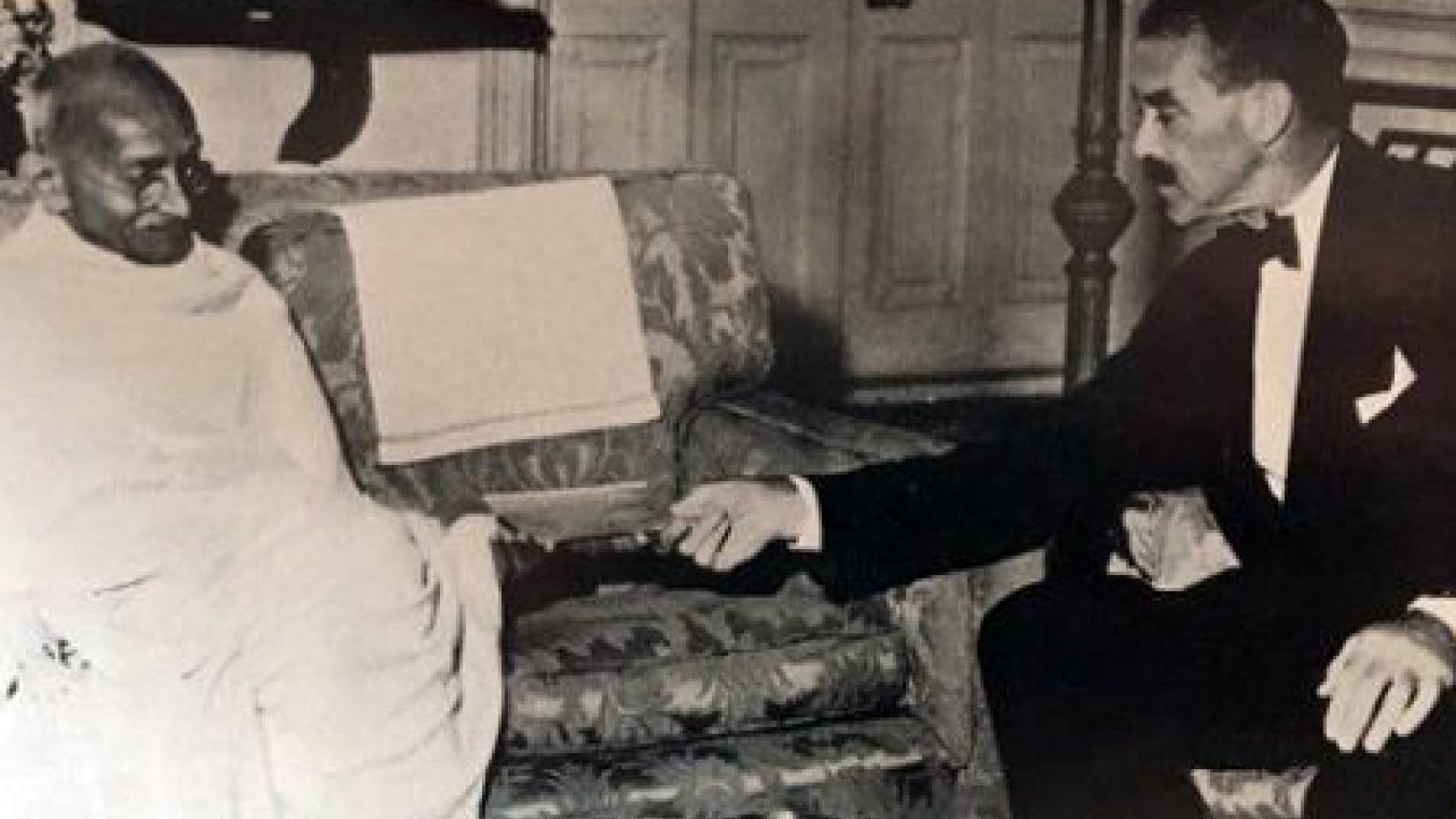R. G. Casey was one of Australia’s most prominent statesmen, who returned to Australia with extensive diplomatic experience after the Second World War, serving with distinction as External Affairs Minister, and later, as Governor General. Very little is known about his interlude in India, where he served as Governor of Bengal from 1944-1946. This lecture demonstrates the unique perspective that Casey brought to the role, as a colonial in the colonies.
Appointed to a troubled province – stricken by a famine now widely recognised as colonially-induced, on the frontline of the Japanese advance toward India, at a time when communal violence was sharply on the rise, and at a critical time in the negotiations over decolonisation – Casey skilfully deployed his positionality as a relative outsider in British India to gain political leverage and to further negotiations with Indian nationalists. Casey could have been rendered ineffective by being identified somewhat disparagingly at the time of his appointment as a ‘colonial’ by Britons, and as an ‘Australian’, tainted through association with the White Australia Policy, by a critical Indian press. Yet Casey deployed these identities to strategically project himself as an engaged intermediary in the standoff between a defensive, reluctant decoloniser and a combative, fractured nationalist movement.
The best example of this is a series of talks he had with M. K. Gandhi on the political situation in late 1945, at a time when Gandhi’s relations with the Government of India and in particular, with the Viceroy, had badly deteriorated. This lecture focuses on the impact of the Gandhi-Casey talks, as they became known in the press, on the cusp of decolonisation.
SPEAKER
Associate Professor Kama Maclean,
University of New South Wales
Kama Maclean is Associate Professor of South Asian and World History at the University of New South Wales, and editor of South Asia: Journal of South Asian Studies. She is the author of Pilgrimage and Power: the Kumbh Mela in Allahabad, (New York: Oxford University Press, 2008) and A Revolutionary History of Interwar India: Violence, Image, Voice and Text (New York: Oxford University Press, 2015). She is completing a third book, British India, White Australia: Intercoloniality and the Empire, 1901-1947.
DISCUSSANT
Dr Chris Wallace, School of History,
ANU College of Arts & Social Science
Dr C. S. (Chris) Wallace is an ARC DECRA Fellow at the National Centre of Biography, School of History, Australian National University, Canberra. Her doctoral thesis was on political biography as political intervention. Chris’s research interests focus on leadership, gender, biography, creativity and what makes polities functional, with an emphasis on 20th century and contemporary politics and culture. Her post-doctoral fellowship research focuses on Anglosphere diplomacy in Washington 1940-42.
Prior to joining the academy, Chris was a journalist in the Canberra Press Gallery where she covered politics and economics for print and electronic media outlets with a policy focus. During this time she wrote biographies of Germaine Greer and Don Bradman.
